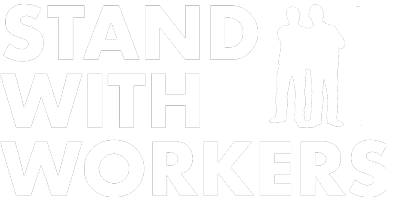Public-sector unions are facing steep falls in revenue and trying to prevent the loss of members in the wake of a recent Supreme Court ruling.
In New York, Pennsylvania and Illinois, state governments have stopped collecting millions of dollars in agency fees following a high court ruling banning the practice. Before the ruling, public workers in 22 states who didn’t want to join a union were often required to pay agency fees, which cover collective bargaining costs and can equal as much as 90% of dues paid by members.
Pennsylvania stopped collecting agency fees from 24,000 state workers that totaled $6.6 million last year, a state official said. The figure is expected to grow because it doesn’t include workers at municipalities across the state. In New York, which has the highest rate of public sector union membership, the state stopped collecting agency fees in July from 31,000 state workers which totaled between $9 million and $10 million last year, a spokeswoman for the New York State Comptroller said. That tally is also expected to grow because it doesn’t include local agency fees.
By one estimate, unions in New York state overall will lose $112 million in agency fees from 200,000 state and local workers, based on what workers paid in 2016, according to the Empire Center, a conservative think tank in Albany.
These are the first signs of how the high court’s decision is hitting union coffers. The ruling could erode the financial and political clout of public-sector unions, in part by prompting unions to divert funds once used for politics to the costs of running a union. For some unions, agency fees had made up 5% or more of revenue, and some have trimmed budgets and staff. Unions had tried to shore up members ahead of the court decision in June.
Jessica Lapp, a 41-year-old fifth-grade teacher in Lancaster, Pa., has seen a bump in her pay as Pennsylvania stopped collecting about $400 a year she paid to the Pennsylvania State Education Association.
Ms. Lapp, who describes herself as a conservative Republican, earns about $60,000 a year and says she opposed the politics of the union and its parent, the National Education Association, which has consistently backed Democratic candidates. She declined union membership but was required to pay an agency fee.
“I feel great,” said Ms. Lapp. “We’re always talking to our kids about not being a bully and here I was forced to pay something I was morally opposed to.”

